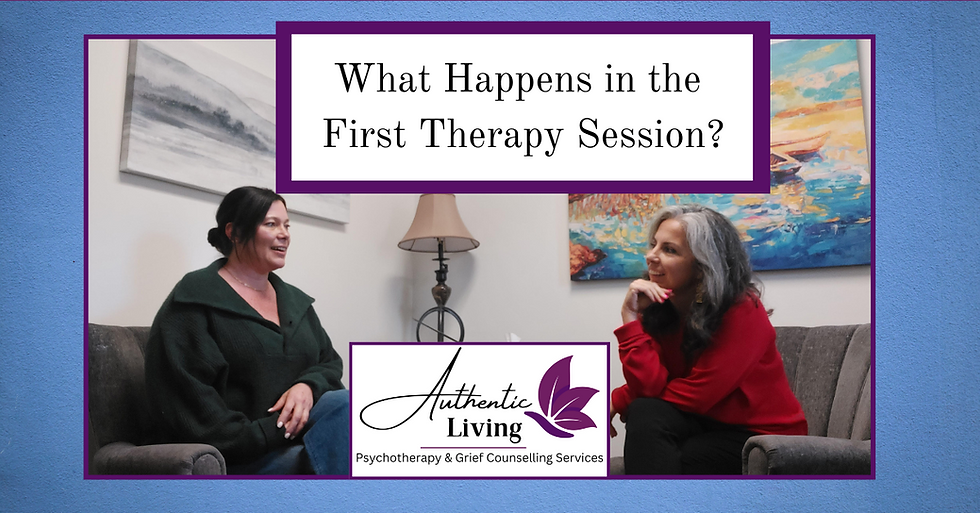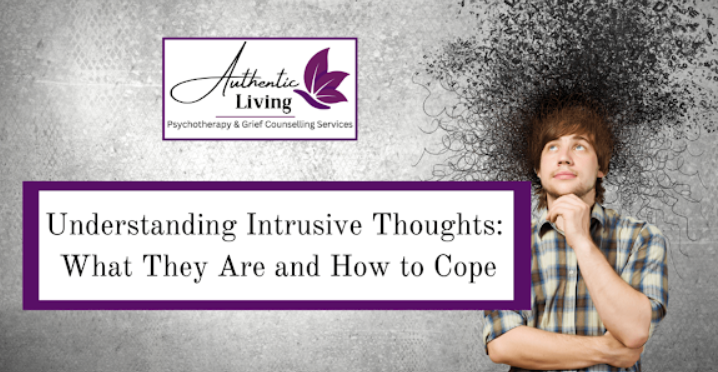Understanding Obsessive-Compulsive Disorder (OCD): A Path to Healing
- Aug 12, 2025
- 3 min read
Updated: Sep 1, 2025
Obsessive-Compulsive Disorder (OCD) is a mental health condition that affects people of all ages and backgrounds. It involves two main components: obsessions and compulsions. Obsessions are unwanted thoughts, images, or urges that cause distress. Compulsions are repetitive actions or mental rituals that a person feels driven to perform to reduce the distress caused by these obsessions.
While many people joke about being “a little OCD” when they like things clean or organized, OCD is not simply about neatness or perfectionism. It is a serious and often exhausting condition that can interfere with daily life.

What OCD Looks Like
OCD can manifest in many different forms, but it often follows a similar pattern:
An intrusive thought appears, such as “Did I lock the door?” or “What if I hurt someone?”
This thought causes anxiety or discomfort.
The person feels compelled to take action to alleviate the anxiety, such as checking the lock multiple times or avoiding sharp objects.
The relief from the compulsion is temporary, and the cycle repeats.
Some common types of obsessions include:
Fear of contamination or germs
Doubts about safety or responsibility
Intrusive thoughts about violence, sex, or religion
A need for things to feel “just right”
Some common compulsions include:
Repeatedly washing hands or cleaning
Checking doors, stoves, or lights repeatedly
Counting, tapping, or repeating words in a specific way
Arranging items in a precise order
Why OCD Happens
The exact cause of OCD is not fully understood, but research suggests it may involve several factors:
Brain chemistry and function: Differences in brain circuits that regulate fear and decision-making may play a role.
Genetics: OCD can run in families.
Life experiences: Trauma, stress, or certain infections may trigger symptoms in individuals who are vulnerable.
It is essential to remember that OCD is not a personality flaw or something you can simply “snap out of.” It is a mental health condition that requires understanding and support.
How OCD Feels
Living with OCD can be mentally and physically exhausting. Many people know their fears or rituals are excessive, yet they feel powerless to stop them. This struggle can lead to feelings of shame, isolation, and hopelessness. Often, individuals hide their symptoms out of fear of being misunderstood, which can make it harder to seek help.
The Impact of OCD on Daily Life
OCD can significantly impact various aspects of daily life. It can affect relationships, work, and personal well-being. You may find yourself avoiding situations or places that trigger your obsessions. This avoidance can lead to a narrowing of your world, making it even harder to cope.
Relationships and OCD
OCD can strain relationships. Loved ones may not fully understand what you are going through. They might feel frustrated or helpless as they watch you struggle. Open communication is vital. Sharing your experiences can help them understand your challenges better.
Work and Productivity
At work, OCD can hinder your productivity. You might spend excessive time on tasks due to compulsive behaviors. This can lead to stress and anxiety about meeting deadlines. Finding a balance between your responsibilities and managing OCD is crucial.
Treatment and Support for OCD
OCD can improve with treatment. Psychotherapy, particularly certain forms of talk therapy, can help individuals understand their triggers, change their relationship with intrusive thoughts, and gradually reduce compulsive behaviors. In some cases, medication can also be beneficial.
Types of Therapy
Cognitive Behavioral Therapy (CBT) is one of the most effective treatments for OCD. It helps you identify and challenge negative thought patterns. Exposure and Response Prevention (ERP), a component of CBT, involves gradually facing your fears while resisting the urge to perform compulsions.
Lifestyle Changes
Lifestyle changes such as stress management, healthy routines, and mindfulness can make a significant difference in coping with symptoms. Regular exercise, a balanced diet, and adequate sleep can improve your overall well-being.
Support Systems
Support from friends, family, and professionals can help reduce feelings of isolation. Connecting with others who understand your experience can be incredibly validating. Consider joining support groups or online communities where you can share your journey.
How Authentic Living London Can Help
At Authentic Living London, we provide a safe, non-judgmental space for individuals living with OCD. Our therapists understand how overwhelming the cycle of obsessions and compulsions can be. We will work with you to create a personalized plan that supports your specific needs.
Whether you are seeking in-person sessions in London, Ontario, or prefer the flexibility of virtual therapy, our team is here to help you break free from the OCD cycle and move toward a more balanced and authentic life.











Comments